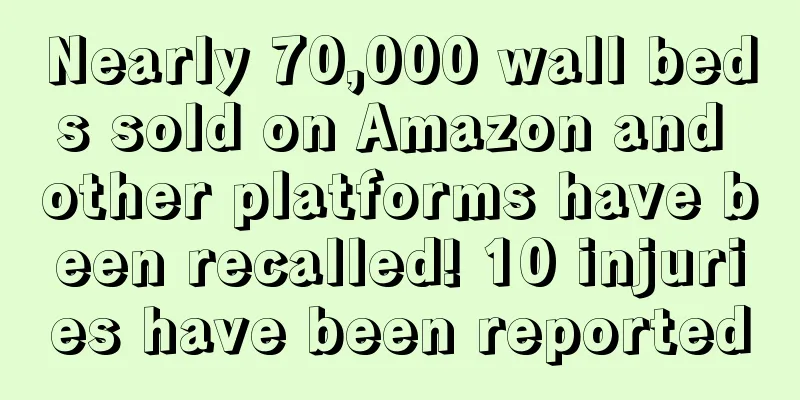The US D2C market will exceed $150 billion in 2022! What are the secrets to success?

|
According to eMarketer's forecast, the US direct-to-consumer (D2C) e-commerce market will reach $151.2 billion in 2022, up 16.9% from this year. Although D2C purchases will only account for 2.5% of total retail sales in the coming year, these brands have successfully subverted traditional retail through diversified consumer experiences.
Initially, D2C referred to digital native brands without physical stores that sold directly to consumers through websites. Many founders of D2C companies said that they entered the market to solve their own market pain points. Over time, D2C has evolved into a business model, and many pure D2C companies have emerged, such as Peloton, Warby Parker, and HelloFresh.
Over time, these companies have discovered unique commonalities that have made D2C thrive:
Precision marketing. D2C customer acquisition costs can be high. However, building the right D2C model allows companies to control marketing costs for each product.
Offer a differentiated product. Since they deliver products directly to customers, every D2C faces intense competition to differentiate themselves. This means avoiding the “glitz and glitter” that surrounds typical D2C brands and instead “sticking to the value proposition and philosophy that the company started with.”
Improve conversion rates. Like every e-commerce company, D2Cs face conversion rate challenges. Each D2C’s strategy for driving consumers to open their wallets looks different. Kate MacCabe, VP of product at bedding company Brooklinen, shared that they actually benefit from personalized customization for consumers. For other D2Cs, improving conversion rates may involve partnering with companies like Shopify to streamline the checkout process.
Focus on customer needs. To stay competitive, D2Cs must continue to develop diverse consumer experiences that go beyond selling fixed products on a static website. For many D2Cs, this means going beyond the pure D2C model and partnering with external resources for the purpose of growth. Footwear brand Allbirds and eyewear supplier Warby Parker have physical stores to provide offline services to customers. Quip partners with existing entities such as Target to sell products. Many D2Cs have also expanded into other products beyond their main products: footwear brand Allbirds now sells clothing, and men's razor company Harry's offers deodorant. These products reflect the evolution of these brands' original models while staying true to their original brand spirit.
Editor✎ Irene/ Statement: This article is copyrighted and may not be reproduced without permission. |
<<: Amazon launches "Amazon Counter" in Canada! Set up a new package pickup point!
Recommend
What is Profit Bandit? Profit Bandit Review
Profit Bandit is a product research tool for iOS a...
All walks of life are entering Amazon? You pat your competitors on the back
The Dragon Boat Festival is coming soon. I wonder...
Check yourself! Another batch of commonly used words have been registered as trademarks
According to statistics There are many common word...
Etsy crashes! A large number of handicrafts are priced at random, and the selling price is 6 times that of other platforms
It is learned that recently, Which?, a British con...
Received a negative review before the product was shipped? The seller's store sales plummeted!
Normal, once there is data abnormality, such as s...
What is the Amazon Small Business of the Year Award? Review of the Amazon Small Business of the Year Award
Amazon officially announced that it will launch th...
What is OLX? OLX Review
Founded in 2006, OLX is a global online marketplac...
North American live shopping platform NTWRK completes US$50 million in financing!
<span data-shimo-docs="[[20,"获悉,据外媒报道,近日北美...
U.S. consumer situation in May: general consumption downgrade, but willing to spend money on a few categories
Recently, McKinsey's consumer research team re...
ChatGPT is widely used for product selection, or will it lead to a reduction in the number of jobs at Amazon?
The AI storm led by ChatGPT continues to sweep a...
What is Deep Social? Deep Social Review
Deep Social provides highly detailed social media ...
What is CashCowPro? CashCowPro Review
CashCowPro is a comprehensive Amazon management to...
Full of useful information! [Win-win cooperation, Rabbit will surely sell well] Amazon Global Store Spring 2023-South China Station successfully concluded
On April 14, 2023, [Win-win Cooperation, Rabbit Mu...
Hot-selling products: A list of small Chinese products that are hot-selling on Amazon
For sellers, product selection is a technical job...









